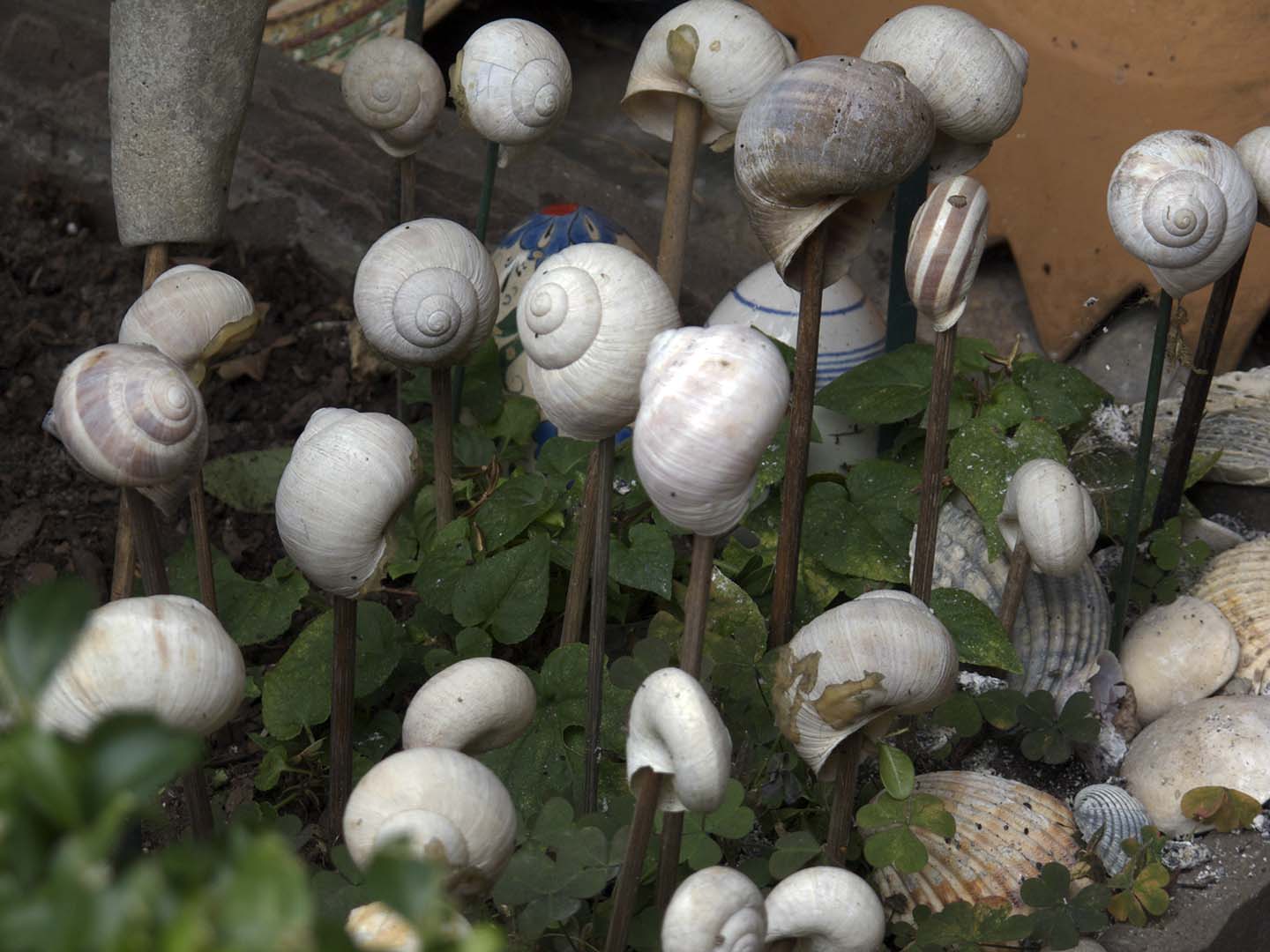The Snails
by Samatar Elmi
I mean, the analogy writes itself
like the onion in a grand conceit
though we really are like two slugs
in a derelict mausoleum.
Google “snails are…”
Dangerous. Slow.
Destroying my garden.
Our jobs and our women.
You, who cannot speak snail,
wouldn’t understand how the shell
was the gift and curse of diaspora,
how our songs and laments resound
in our half-remembered houses
that we carry to forget, to carry on.

This poem by Elmi, a young British-Somali poet, Ph.D. candidate and musician has been on my desk for a while. I wanted to pair it with photographs I shot some time ago, but it took me ages to find them. Thus is the curse of an unorganized archive. That way, though, I had occasion to read the poem repeatedly, always reacting with a mix of admiration of the poet’s craft and sadness, the way an immigrant’s life and burden so perfectly captured in his analogies. He won the 2021 Geoffrey Dearmer Prize with this work, the annual prize for the best poem published in The Poetry Review written by a poet who doesn’t yet have a full collection.

The snail analogy is of course the Black/Brown/Muslim/Latino immigrant who destroys gardens, jobs, women – ours‘ no less. Next we are redirected to the other’s perspective, in that abrupt break between stanzas, visually mirroring the distance between “us and them.” All this while analogy itself is made a subject in the first line, disorienting the reader in some fashion, trying to figure out if it really writes itself while we are grasping for understanding. It brings us right back to the fact that there is a schism between two worlds, being strangers to each other, with xenophobia so closely related to our disgust reaction to the slimy invaders known as snails.

The snail shell serves as an echo chamber, the repository of the cultural memories of a former belonging, now half remembered, and in need of forgetting to force integration. How could we understand, the loss it implies, and the demands that will never be met to Whites’ satisfaction, we who live here with our jobs, or women and our gardens?

It is all so sparse, so economical and yet so rich in meaning.

Music from his album The Winter of Discontent (he uses a different alias as a musician.)






Samatar Elmi
Thank you for this incredibly generous write up. The photographs are cool too!